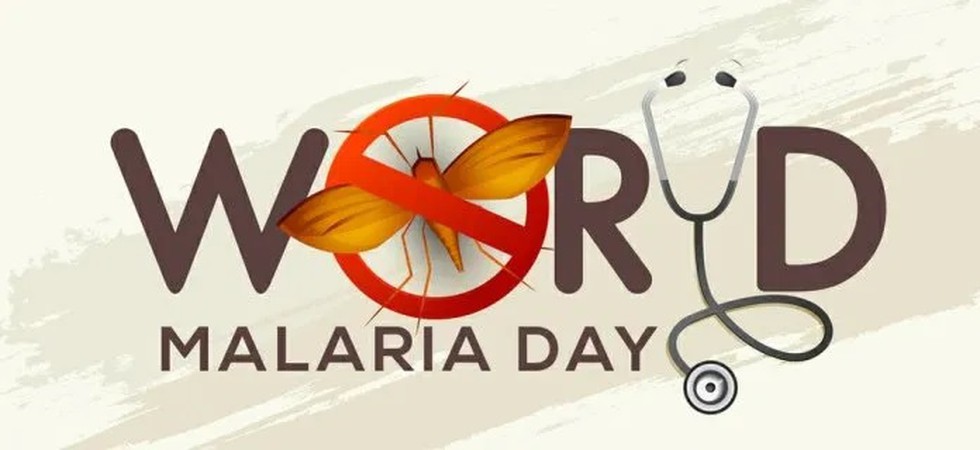By Iyemah David
The Federal Government of Nigeria has scheduled a high-level meeting for May 3, to discuss the implementation of the Rethink Malaria Initiative.
The Coordinating Minister of Health and Social Welfare, Professor Muhammad Ali Pate, disclosed this on Thursday in Abuja during the commemoration of the 2024 World Malaria Day (WMD).
The WMD is celebrated annually on April 25, to recognise global efforts toward malaria control.
The global observance has “Accelerating the fight against malaria for a more equitable world,” as theme for the 2024.
Malaria, a disease caused by a parasite transmitted through the bite of infected mosquitoes, claims the lives of thousands of people each year, with children in sub-Saharan Africa most affected.
Nigeria, as Africa’s most populous nation, also bears a significant malaria burden globally.
However, the 2022 Nigeria Malaria Report indicates a 55 per cent reduction in malaria death rates between 2000 and 2021, with a 26 per cent drop in incidence during the same period.
Prof. Pate, represented by Dr Godwin Ntadom, the National Coordinator, National Malaria Elimination Programme, said that the Rethink Malaria Initiative is to redefine strategies in the fight against malaria.
He added that “the meeting will convene key stakeholders from government agencies, healthcare organisations, Non-Governmental Organisations (NGOs), and international partners to strategise on innovative approaches to combat malaria effectively.
“With malaria remaining leading cause of morbidity and mortality in Nigeria, there is urgent need for renewed efforts and collaborative action to address the root causes and challenges associated with the disease.”
According to him, the initiative seeks to leverage new technologies, strengthen healthcare systems and mobilise resources to achieve significant progress in malaria control and elimination.
Dr Alex Chimbaru, the Deputy Country Representative of WHO, highlighted the theme “Accelerating the Fight Against Malaria for a More Equitable World” and emphasised the need for collective commitment to change the narrative and achieve progress and equity in combating malaria.
Chimbaru discussed how malaria disproportionately affects vulnerable populations such as pregnant women, infants, children under five years, refugees, migrants, and internally displaced people, perpetuating cycles of poverty and inequity.
He provided statistics from the Global Malaria Report of 2023 to illustrate the magnitude of the malaria burden, particularly in the WHO African region, highlighting countries contributing to the increase in cases.
He acknowledged challenges such as climate change and humanitarian emergencies but expressed hope about sustained progress in malaria control and prevention efforts.
Dr Gbenga Jokodola, the Chairman of the 2024 World Malaria Day Planning Committee, emphasised the need for accurate diagnosis and appropriate treatment of fever suspected to be malaria.
Jokodola highlighted the importance of confirming whether fever is due to malaria through testing and then administering appropriate medication, which includes acetaminophen combination therapy drugs.
He also addressed the issue of fake malaria drugs and stressed the importance of ensuring patients received correct medication in the proper manner.
Dr Michael Adekunle, the CEO of Roll Back Malaria, advocated holistic approach to healthcare that involves strengthening the entire health system, including infrastructure, data collection, surveillance, and interventions for diseases like malaria, HIV and TB.




